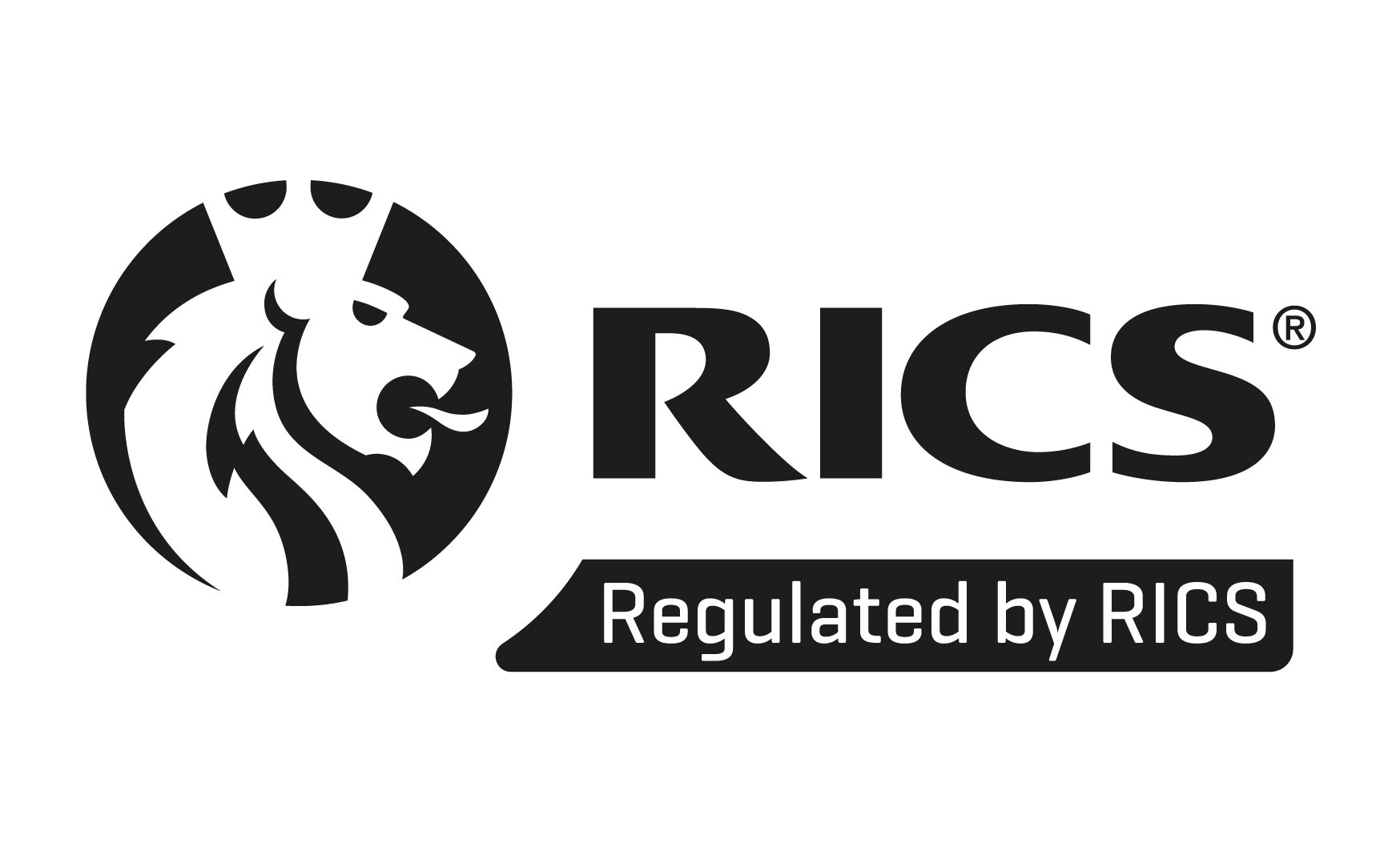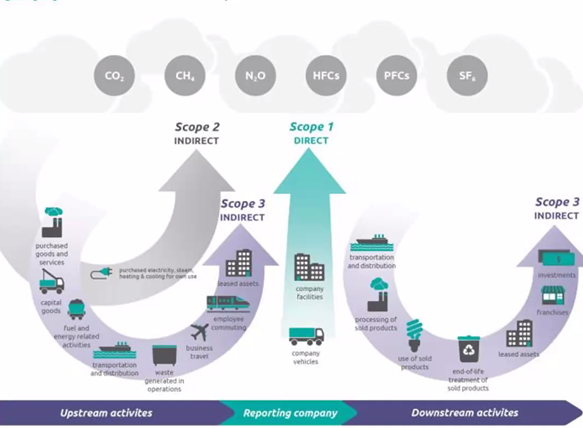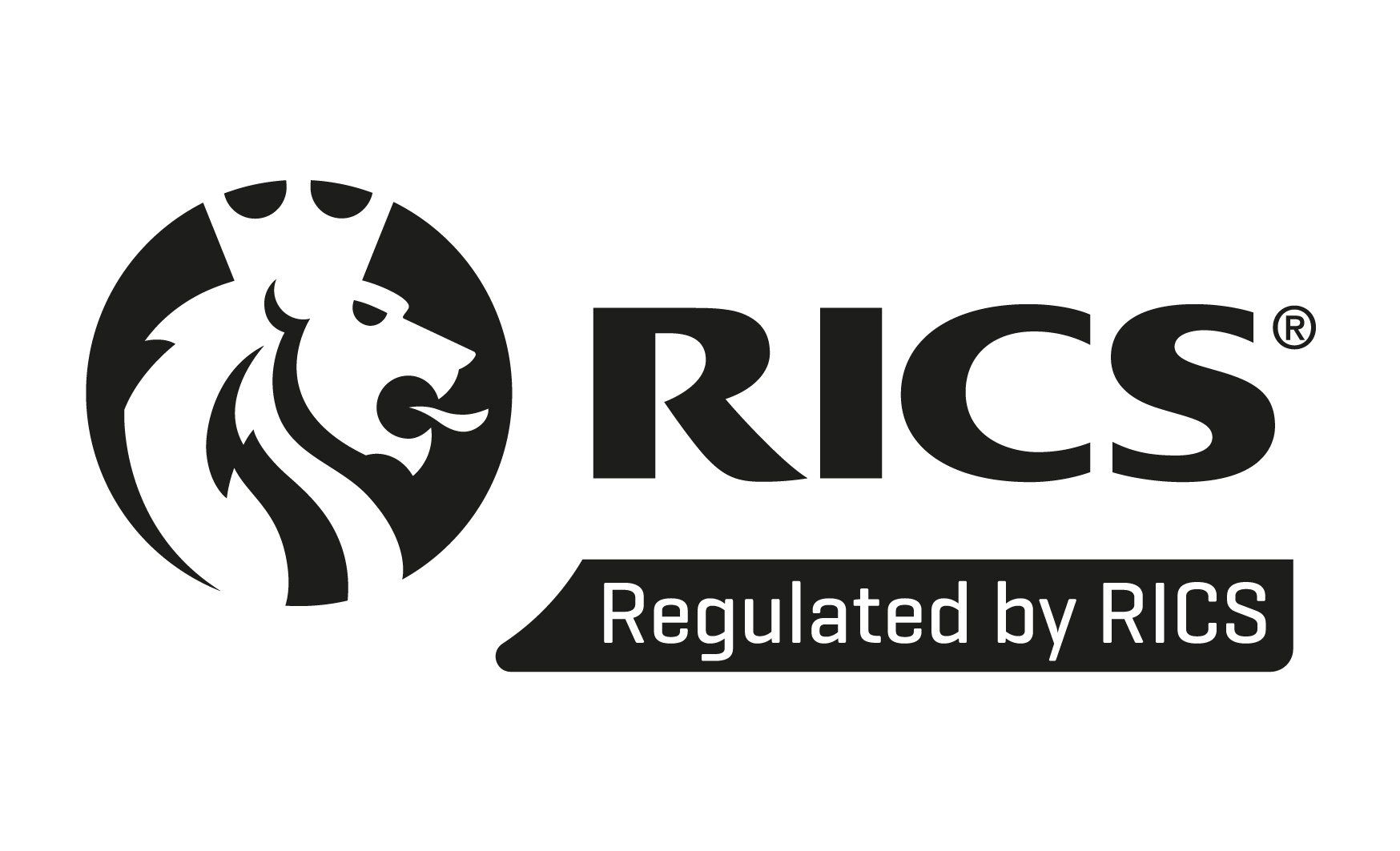Maintenance Contracts - Do the Terms work in YOUR best interests?
Contract terms – do they really work in your best interests?

It is quite a normal approach for specialist services, and especially equipment maintenance tasks, to be outsourced to specialist contractors. A multi-site network is typically comprised of a number of distinct assets, with many interfaces between hardware and software. This means that a range of specialist contractors or warranty providers has to be managed.
Why do we need contracts?
Despite all the best intentions it must always be remembered that the third party specialist contractors you employ are separate companies who have their own commercial interests to contend with.
Governing the relationship you have with these companies requires the right type of contract, with the appropriate forms of controls and incentives.
What the operator wants to achieve from these contractual relationships includes:
- Contractors who are motivated to deliver to the service levls agreed in the contract
- The ability to serve the geography for which they are selected
- A focus on health and safety and adherence to both the law and your own internal company policies and procedures.
- Providing efficient and cost effective methodologies for undertaking the contracted tasks
- Incentives to exceed the service levels where there is a mutual benefit to both parties
- The ability to make changes and addendums as operational circumstances evolve
Challenges for achieving contracts in FM / maintenance
Unfortunately, the procurement of maintenance contracts has often faced challenges, which can be difficult to overcome without professional expertise.
- Maintenance is often seen as an afterthought, and where the specialist contractors are small, is often not seen as strategically important.
- Standard forms of contract for maintenance are few and far between, although this is beginning to change.
- The level of diligence given to selecting or writing the most appropriate type of contract can be limited or, can fall back on relying on the contractors' own terms.
- Because it is not always valued in any strategic sense, maintenance is often awarded on the basis of lowest price and not based on best fit or best value.
- Operator policies and procedures can often be ignored in the drafting of the contract, meaning that the contractor has no reason to blend in with the optimum day to day workings nor needs of their client.
- Contractors might often quote and provide services based on their own standard terms and conditions. It should not take a genius to work out that their terms are more likely to be favourable to them, than to the operator.
- A lack of focus in the contracts can often occur, whereby the operator seeks to include so many targets and performance metrics that the contract can become overbearing to manage and hence often becomes neglected.
- In other cases, there might be little or no incentive for the contractor to deliver what the operator wants.
- Ultimately if any or all of these circumstances exist, then performance and customer satisfaction will be very difficult to achieve.
This is just a snippet of the many issues that could arise.
Are terms in the contractor or client’s best interests?
The following are a series of examples where the client believes they are getting something, whereas the contractor often has other objectives….
Client / Operator thinks they’re getting:
But the Contractor is motivated to:
Lowest cost through market experience
Generate the maximum possible margin
Transfer of as much risk as possible
Only accepts as much risk as priced for (therefore minimal actual risk transfer)
Leveraging add-on contractor specialisms
Charge any additional services as extras
Continuous innovation to continually evolve
methods and approaches
Initial innovation provided at the outset, but based on previous experiences, not in answer to client’s current needs
A provider who is really motivated to do
anything they can to keep hold of the
contract
Invests only as much resource as necessary to meet contractual obligations
Good quality, transparent data that can
be utilised to benefit the operator
Provide standard data only, often manipulated to support that they have met their contractual objectives
All of the above scenarios can be anticipated and planned for however, by carefully contracting.
How to draft relevant and proportionate contracts
The first step we would recommend would be to engage a professional who is experienced in delivering performance based maintenance contracts, on behalf of the operator.
Key considerations will include:
- Selecting a base set of terms and conditions that are appropriate to the service being provided
- Ensuring that the purpose and intent of the service being contracted is clear, well thought through, embedded in the selection process and clearly reflected in the terms selected.
- All relevant construction and works related requirements are captured, including health and safety matters such as the appropriate approaches to managing CDM where it applies.
- Day to day operational procedures are clearly stipulated.
- Operator policies and procedures are incorporated in such as way as to compel their compliance.
- Incentives for meeting performance expectations are included, with appropriate actions available for non-performance, or failure.
- The commercial approach matches the scale of the service being contracted, and that controls are in place for ensuring validation, verification and value for money.
- Business continuity is included for. After all, if you can't maintain the site, you might not be able to operate your business.
The benefits to the operator
The key takeaway from this article is that the operator can obtain significant benefit from professionally drafted and managed contracts. These benefits include:
- Certainty
- Control
- The ability to obtain a timely service
- Cost effectiveness
- A focus on quality and delivery
- Health and safety leadership
- Assurance and recourse in the event of failure or unplanned events.
Our Experience
We have been drafting, procuring and administering operator-focused specialist maintenance contracts for major multi-site operators for over two decades. Our approaches and experience have resulted in many satisfied clients.
Please get in touch for more information.











